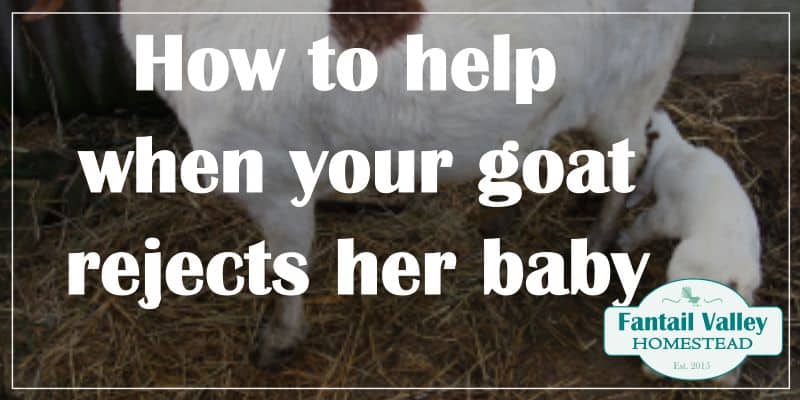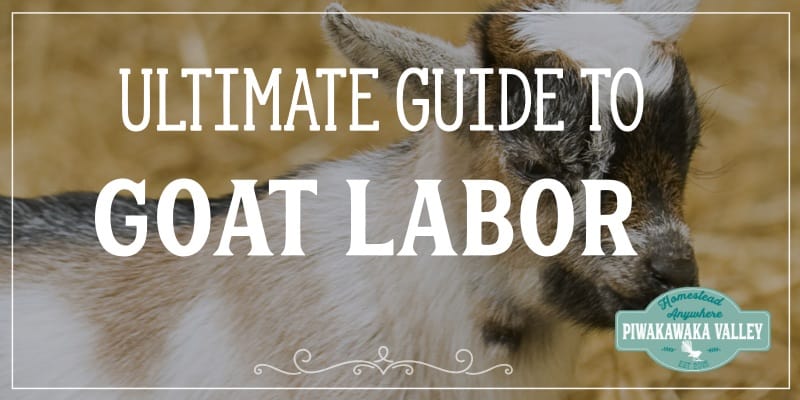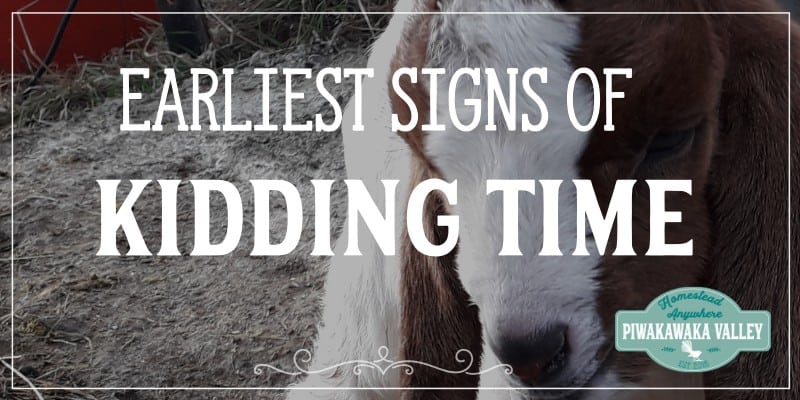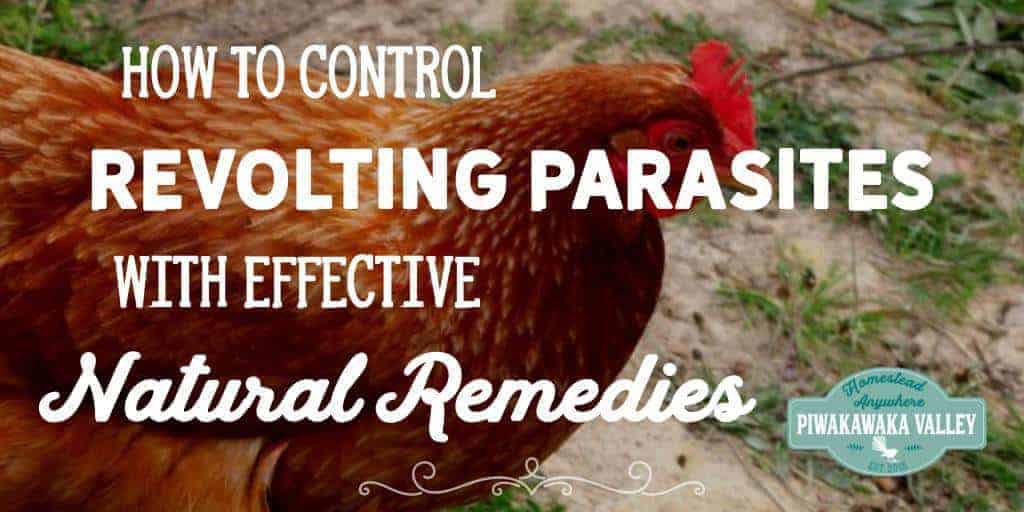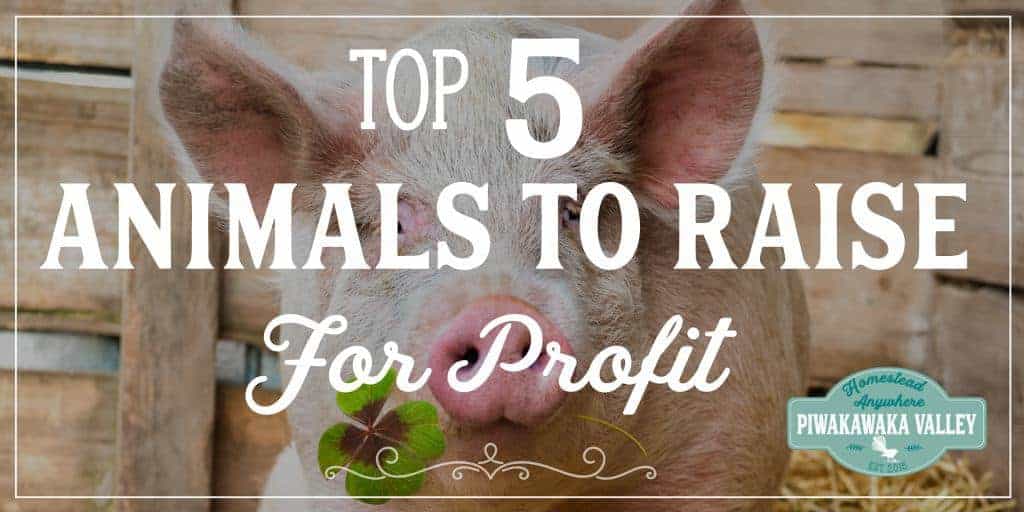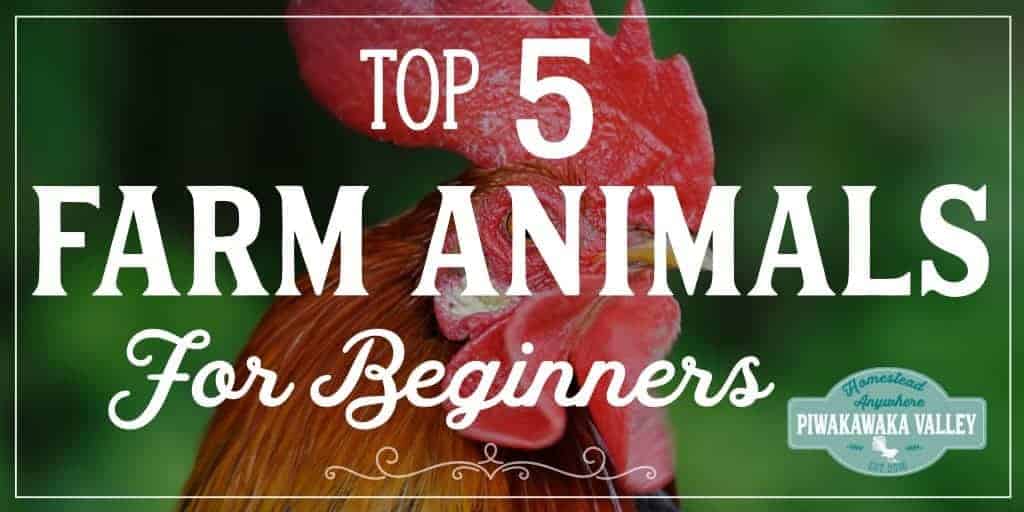This post was most recently updated on May 11th, 2020
If you have goats then you have probably heard that it is very important to give them copper bolus. But do you know why, when, how, or how much you should give them?
Please read: This information is provided for educational purposes only and is not intended to treat, diagnose or prevent any disease. We encourage you to make your own health care decisions in partnership with a qualified health care professional.
This post contains affiliate links, this means at no extra cost to you, we make a commission from sales. Please read our Disclosure Statement
The Importance Of Copper Bolusing Your Goats
Copper is a very important mineral for goats. When they do not have a sufficient amount, goats can become infested with parasites, grow ill, or exhibit a number of other problems.
In most parts of the United States, and many other parts of the world, the soil contains less than half of the amount of copper that goats need.
Since most soil is seriously lacking in copper, it should be supplemented in the goat’s diet as well as via bolus in order to avoid your herd from having a copper deficiency.
If you keep sheep with your goats, keep the copper away from the sheep as too much copper will kill a sheep.
RELATED: Basic care of dairy goats
RELATED: Choosing a dairy goat breed
Signs Of Copper Deficiency In Goats
Wiry Coat
This is often a tell-tale sign. If you see any of your goats having rough wiry coats, it could mean their copper levels are too low.
Hair loss
Goats can lose hair when they have a copper deficiency. It especially occurs around the head of the tail and around the face of the goat.
Fishtail tails
If the hair on the tip of the goat tail has split and looks like a fishtail, then your goats need a boost of copper.
Change in Coat Color
A copper deficiency can cause the goat’s coat to appear dull in color. Colors may appear washed out or bleached.
What Causes A Copper Deficiency In Goats?
A copper deficiency occurs when there is an insufficient amount of copper in the goat’s feed and soil. It may be caused as well by certain minerals in the feed, soil or water that may block absorption of copper.
How Much Copper Should Goats Be Given?
Although goats do need to have enough copper if they are given too much that may cause copper toxicity. Therefore, it is very important to give them the proper dose.
Goats that are less than 3 months old and that weigh under 50 pounds should be given one 2 gram capsule. Typically it will as for 8 months up to 1 year.
Goats that are older than 3 months and weigh over 50 pounds should be given one 4 gram capsule. It should also last for around 8 months up to 1 year.
How Often Should Copper Bolus Be Given To Goats?
Slow release copper that is given in the right dosage should last from 8 months up to one year. It is recommended that you test your soil to find out how copper deficient the pasture is and also test your water to see if there are any minerals that might be blocking absorption of copper.
If the area you are in is very deficient in copper, then you may need to give copper oxide once every 4 to 6 months, or when you see signs of deficiency.
Typical Method For Providing Goats With Copper Bolus
Typically copper bolus is administered to goats through using a Balling Gun. You place the bolus in the hollow tip of a balling gun and this is then pushed into the back of the throat of the goat and deposited so that the goat will swallow it.
That method can be effective, but at times it can be a bit too uncomfortable and stressful for the goats and does require some extra work from the farmer to pull it off successfully.
Alternative Method For Providing Copper Bolus To Goats
There is also an alternative method that can be used to give goats copper bolus that avoids all of the extra discomfort and stress.
The goat will not even be aware that you are giving them anything except a tasty treat. All you need is some Copper Bolus and either bananas or marshmallows.
Many goat love marshmallows, so try using them first. Push a copper bolus into the middle of a marshmallow. Give them to your goats according to the right dosage for their body weight that was discussed above.
If your goat won’t eat marshmallows, then try bananas. Push the boluses into the banana using the proper dose for your goat’s age and weight.
Most goats really like the alternative method and are not even aware of getting anything other than your treat.
However, there are a few cautions that you should be aware of before you try out this alternative copper bolus method.
For one thing, goat bites are definitely not a pleasant thing, so be very careful when placing bananas or marshmallows into your goat’s mouth.
Sometimes goats will only chew a few times before swallowing so they don’t bite down as much into the capsules, so it may help to puncture the capsule before you insert it.

